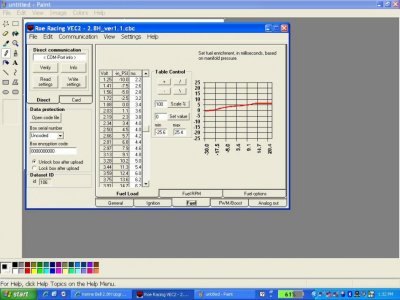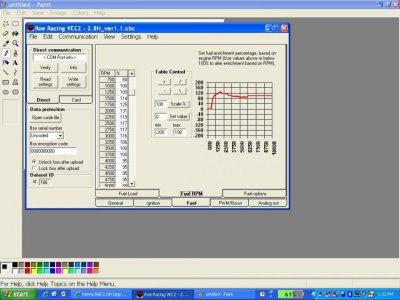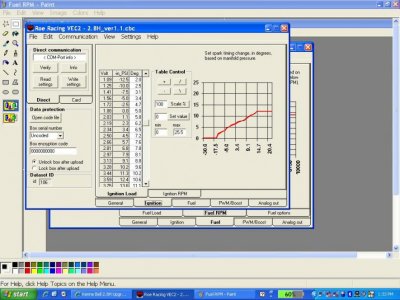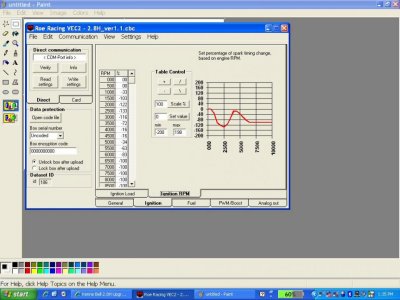Definitely keep at the tuning, and try to keep it from getting into detonation at all cost

I went through hundreds of hours doing what you're doing, running around town with my laptop plugged into my OBDII port to gather data, and it ended up OK in the end. It is time consuming, and you've got to be pretty passionate about it or it's easy to get burned out on the process.
What does your boost curve vs. RPM look like? Do you have a bypass valve installed? This is just one person's point of reference, but I've found that these Autorotor compressors can be downright scary unless you have a bypass valve to dump boost at low load factors. I have a big compressor on a little 4.7L V8, and it's tuned so that I get full boost by about 1750 RPM under load, but it will dump most of the boost until the load factor gets up above .6 or so. Otherwise your PCM goes crazy trying to deal with correcting the A/F ratio - and these speed density systems aren't really well suited for boosted applications (I did a mass airflow conversion)...
My goal in going with a big compressor wasn't so much to wring out the maximum amount of boost - it was to get the optimal amount of boost without having to work the compressor too hard. For a 5L low-revving engine, for example, you can get by with a 1.8L compressor and get a healthy 7psi of boost at 5500 RPM. The compressor has to work pretty hard for that boost, though, and the efficiency starts to drop off pretty quick. So, going with a bigger compressor will let you get to that boost quicker and with less heat generation, and less heat will allow you to run more advanced timing, and get a bit more power.
If you're getting up into the 15psi range, you are getting into very dangerous territory. Just one bit of detonation in that range and you can kiss your ring lands goodbye. You might not even know they're starting to go because they can fracture non-catastrophically and the engine will still seem to be running OK until all of a sudden you get weird misfires and find a few oily plugs. So please be careful...
Do you have a 5psi pulley around that you can start your tunes with? If it were me, I'd start with that, get comfortable that nothing else is screwed up (bad injectors, flaky fuel pump, software glitch in the engine controller, etc.) and move up slowly from there.
You sound like you have a similar auto engineering background to me, so I'm sure you know it's best to sneak up on a problem and control the variables (one by one) than to try to go right to the hairy edge of things and have to deal with a hundred different variables interacting with each other all at once. That can get overwhelming fast, and when you get overwhelmed, you get frustrated. When you get frustrated, you make mistakes. When you make mistakes, you have to pull out the credit card...











